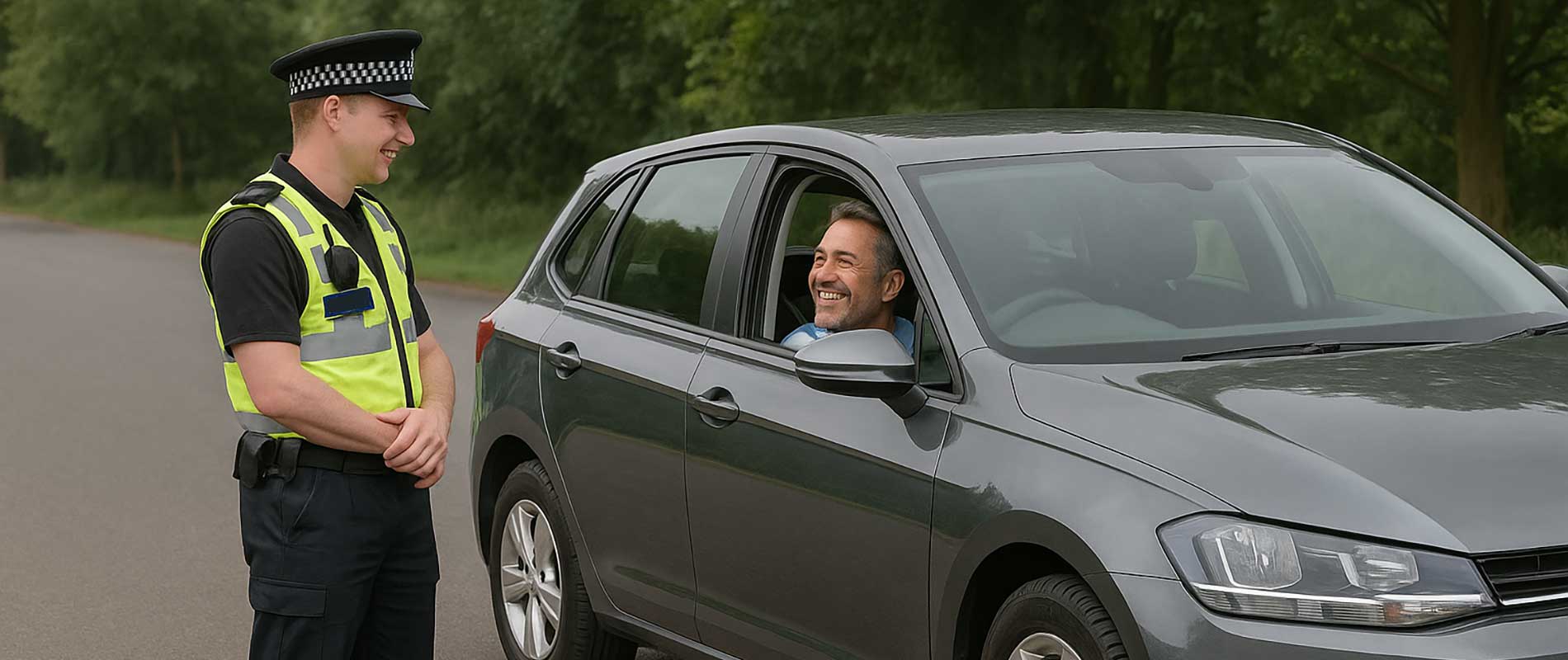Two Policies, One Purpose; But Different Routes to It
At first glance, convicted driver insurance and standard car insurance do the same thing: they keep you legally covered to drive on UK roads. The difference lies in how insurers view you as a risk. Standard policies are priced for drivers with a clean record. Convicted driver insurance exists for those who’ve had motoring offences, bans, or serious points and need a route back to legal driving.
It’s not a separate legal category of insurance. You’re still buying ordinary motor cover; third party, third party fire and theft, or comprehensive. What changes is how it’s underwritten, priced, and monitored.
Who Each Type of Policy Is For
Standard car insurance suits drivers with a clean or nearly clean record; maybe a couple of minor speeding points, but nothing major. These policies are handled automatically by mainstream insurers and price comparison sites. The process is fast, the prices predictable, and the risks low.
Convicted driver insurance is for anyone whose record includes offences such as drink-driving, driving uninsured, careless or dangerous driving, or a ban for totting up points. These drivers sit outside standard risk models, so insurers that specialise in this market use tailored criteria. It’s more manual, often handled by human underwriters, and based on your personal story as much as your driving data.
How Premiums Are Calculated
Standard policies rely almost entirely on algorithms; postcode, age, car, mileage, occupation, and claims history. The insurer’s computer crunches the numbers, spits out a quote, and that’s that. But when you have a conviction, the calculation changes. A conviction adds a statistical risk factor, which increases the price. The more recent or serious the offence, the higher the adjustment.
Specialist convicted driver insurers take a broader view. They’ll ask about when the offence occurred, what caused it, whether you’ve taken any rehabilitation courses, and how you’ve driven since. In other words, they weigh your present behaviour against your past record. That human judgment is what allows people with convictions to get cover when automated systems would simply decline them.
Declaring Convictions: Where People Slip Up
Standard insurers ask if you’ve had any convictions in the last five years. Some drivers omit older or minor offences, assuming they no longer matter. But certain convictions; such as DR10 (drink-driving) or IN10 (driving uninsured); stay on your record for up to eleven years. Failing to declare them when required can invalidate the policy completely. Convicted driver insurers expect openness; they’re used to hearing the details and won’t automatically reject you for being honest.
So while both policy types involve disclosure, the difference is how that honesty is received. With a mainstream insurer it might lead to rejection. With a specialist, it’s the starting point of the conversation.
Extra Conditions and Support
Convicted driver policies sometimes include conditions you won’t see on standard ones. Examples include higher voluntary excess, limited mileage, or a requirement to fit a telematics device. It sounds restrictive, but these measures can help bring the cost down over time. They also give you a chance to demonstrate improved driving habits; proof that you’re not the risk your record suggests.
Many specialists also offer flexible payment plans, short-term cover, and advice on how to rebuild a no-claims history. Standard insurers rarely offer that kind of hands-on help.
Why the Specialist Route Can Be Worth It
While convicted driver insurance costs more initially, it opens doors that would otherwise stay closed. It allows you to stay legal, regain your independence, and slowly return to standard rates. In a few clean years, you may no longer need a specialist policy at all; your premiums will start to look like anyone else’s.
So the real difference isn’t just about the paperwork. It’s about attitude. Standard car insurance rewards consistency. Convicted driver insurance rewards change. Both aim for the same goal: safe, responsible driving; just from different starting points.

